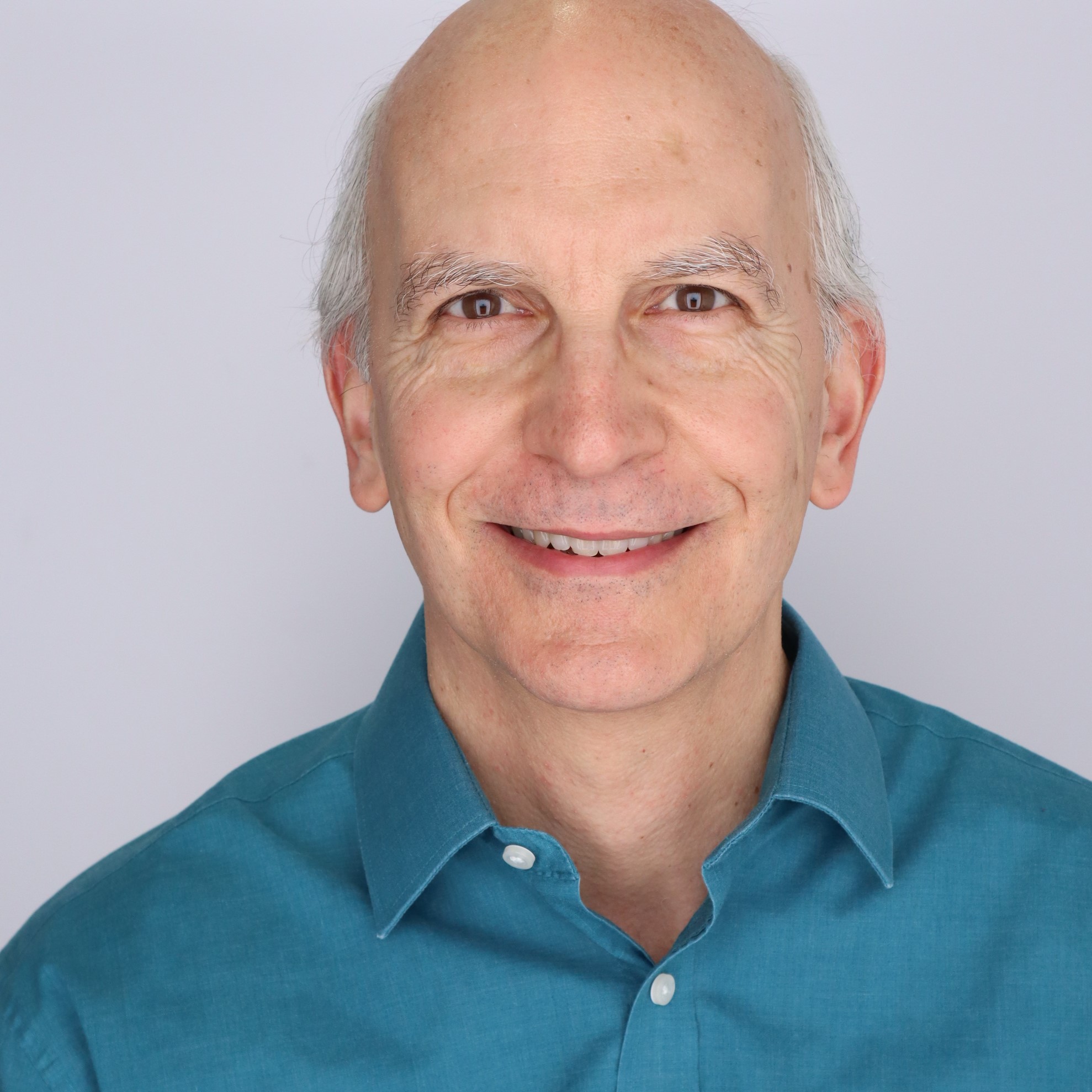The company that unleashed ChatGPT on the world just released GPT-4, an even more powerful generative AI system that represents another major stride in artificial intelligence development. As the capabilities of AI programs rapidly advance, many observers are contemplating a not-too-distant future in which they may be judged to have achieved consciousness. If an AI system is conscious, does that mean it is entitled to the same rights human beings enjoy?
David DeGrazia, the Elton Professor of Philosophy at the George Washington University, believes AI systems that demonstrate consciousness should be considered sentient beings and, thus, have moral status.
“A conscious and sentient AI system would have a general right to have its interests taken into account, morally, so it shouldn’t be harmed needlessly.
If this sentient AI system is highly intelligent and self-aware, then we’re really dealing with what we might consider an artificial person.
I suggest that an artificial person has certain special rights, including a right to life, or at least non-destruction, and a right to not be forced to work involuntarily.”
If you would like to schedule an interview with Professor DeGrazia, please contact GW Media Relations at GWMedia gwu [dot] edu.
gwu [dot] edu.


